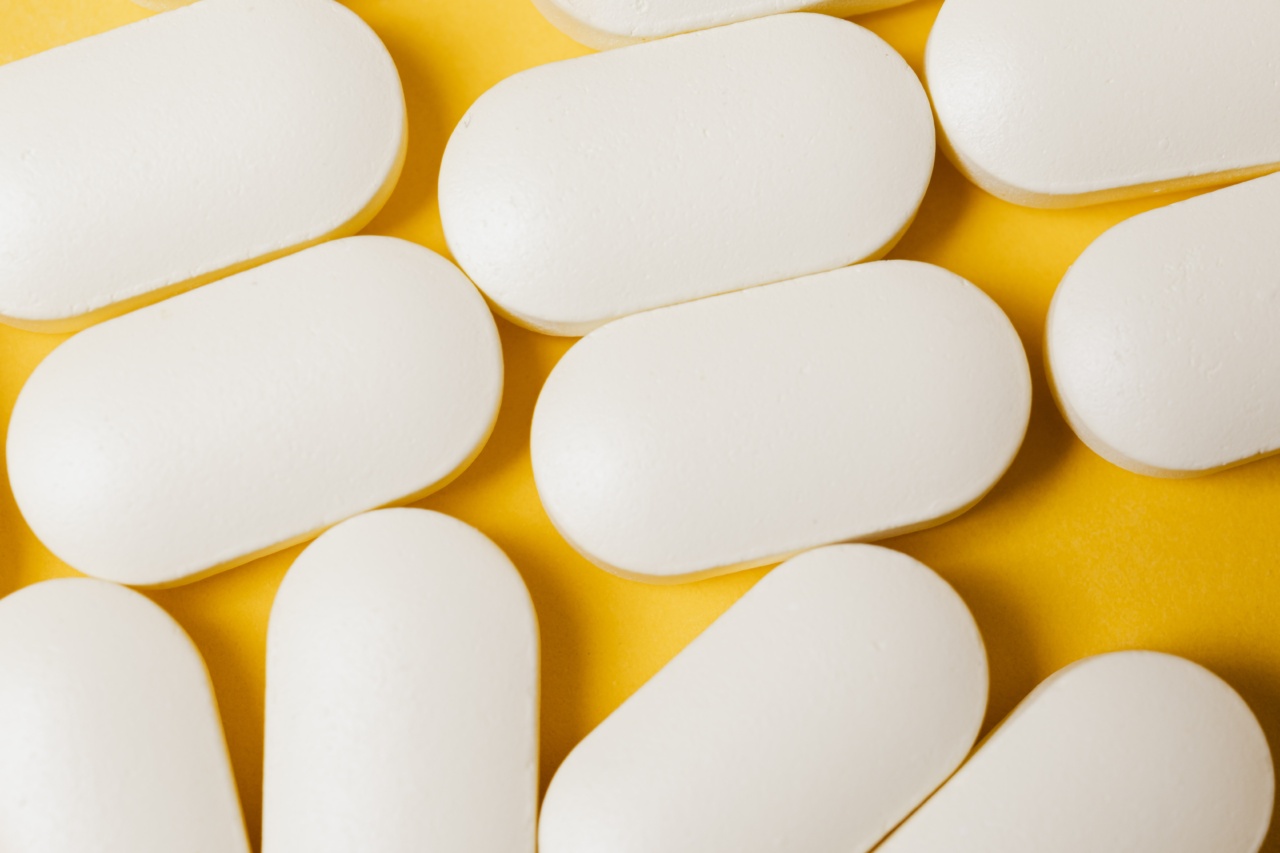As a parent, it is essential to prioritize your baby’s oral health right from the start. Good oral hygiene practices should begin as soon as the first tooth erupts.
Taking care of your baby’s gums and teeth is not only important for their immediate well-being but also lays the foundation for their future dental health. In this article, we will discuss three easy steps to ensure optimal oral care for your little one.
Step 1: Start Early with Gentle Cleaning
It is never too early to begin oral care for your baby, even before the first tooth becomes visible. After each feeding, take a clean, damp cloth or gauze pad and gently wipe your baby’s gums.
This helps remove any milk or leftover food particles that may be present. Not only does it keep the mouth clean, but it also introduces your child to the sensation of having their mouth cleaned, helping them get used to the routine.
Once your baby’s first tooth emerges, switch to a soft, age-appropriate toothbrush. Look for toothbrushes specifically designed for babies, with small heads and extra soft bristles.
You can find options with different grip sizes for both your baby and yourself, making it easier for you to assist them. Remember to replace the toothbrush every three months or sooner if the bristles show signs of wear.
Step 2: Introduce Fluoride Toothpaste
When your baby turns one year old, it is recommended to start using fluoride toothpaste. Choose a fluoride toothpaste specifically formulated for infants or young children, containing no less than 1000ppm (parts per million) of fluoride.
Begin by using just a smear (around the size of a grain of rice) of toothpaste on the brush. As your child grows and becomes more comfortable with spitting, you can gradually increase the amount to a pea-sized dollop.
Brush your baby’s teeth at least twice a day, preferably in the morning and before bed. Ensure to clean all exposed surfaces, including the front, back, and chewing surfaces of the teeth.
Gentle circular motions are ideal to remove plaque and food debris effectively. Remember to pay extra attention to the back molars, as they are more susceptible to decay due to their location.
Step 3: Encourage Healthy Habits and Regular Dental Visits
As your baby grows older, it is essential to encourage healthy habits that contribute to good oral health. Limit sugary snacks and drinks, as they can lead to tooth decay. Instead, opt for healthier alternatives like fruits and vegetables.
Encourage your child to drink water after each meal, as it helps rinse away any food particles and maintains a neutral pH in the mouth.
In addition to maintaining a healthy diet, regular dental visits are crucial for your baby’s oral care. Schedule your child’s first dental appointment around their first birthday or within six months of their first tooth eruption.
Early dental check-ups allow the dentist to detect any potential issues, provide guidance on proper oral hygiene techniques, and ensure that your child’s teeth and jaw are developing correctly.
Conclusion
Oral care for your baby is an important aspect of their overall health. By following these three easy steps, you can lay a strong foundation for your baby’s future dental hygiene.
Start early with gentle cleaning, introduce fluoride toothpaste at the appropriate age, and encourage healthy habits alongside regular dental visits. Remember, establishing good oral care practices from an early age sets the stage for a lifetime of healthy smiles.































